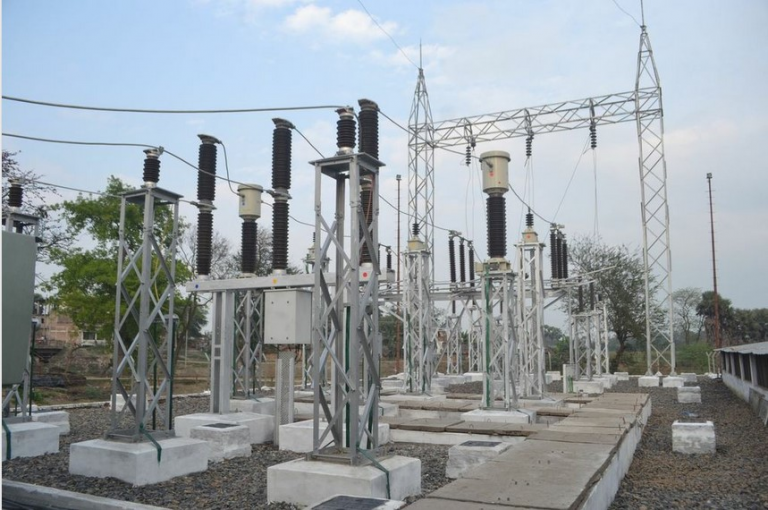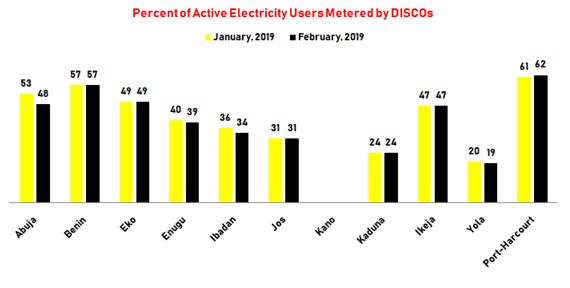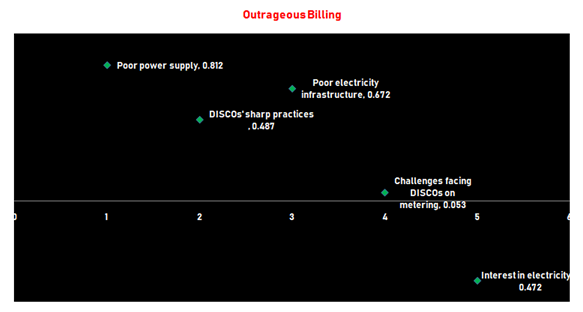
By Mutiu Iyanda
From generation to distribution, Nigeria has not had it good in terms of sustainable electricity for economic growth in the last two decades. Despite various reforms since 1999, Nigerians and businesses are still struggling to power their electrical equipment through the national grid. Power infrastructure and capital paucity were the two challenges pinpointed and ensured privatization of the Power Holdings Company of Nigeria (PHCN) after the liberalization policy of the government.
More than 5 years of the privatization, the identified issues remain unsolved. The public expectation that the estimated billing of the PHCN will not surface after the privatization seems difficult to disentangle by the stakeholders. Since January, 2019, media reports have shown that Nigerians in Imo, Enugu, Abia, Edo, Delta, Lagos, Abuja, Anambra, Kogi, Akwa Ibom, Oyo, Osun, Rivers, Kwara, Bayelsa, Ondo and Ekiti are not happy about the outrageous bills being issued by the electricity distribution companies in their territories. In cities such as Lagos, average estimated bill for residential consumers is N44, 000 monthly while medium and large companies are paying N1, 250,000.
Register for Tekedia Mini-MBA edition 19 (Feb 9 – May 2, 2026): big discounts for early bird.
Tekedia AI in Business Masterclass opens registrations.
Join Tekedia Capital Syndicate and co-invest in great global startups.
Register for Tekedia AI Lab: From Technical Design to Deployment (next edition begins Jan 24 2026).
Across the country, the inability to get the prepaid meter has been the significant factor contributing to the monthly estimated bills. Reports indicate that the DISCOs are playing sharp practices. These practices range from overcharging the consumers to delay in delivering the meter to the customers who have paid. A house or company that possesses a prepaid meter will only pay for energy used. This is the main benefit to the consumers, which electricity users have seen as the main threat to the bottom line of the DISCOs and core reason for not making the meter available to the users. It is like using airtime on a prepaid mobile line. Electricity users will control what they use.
In November 2013, DISCOs vowed to close the metering gap and set a target of supplying 4.92 million meters within three years. More than 5 years of making the commitment, only 3,547,129 out of 7,973,867 registered active electricity customers have been metered. That is a shortfall of 4,426, 738 meters. As the outcry on the estimated billing rages on, the Nigerian Electricity Regulatory Commission has been conducting public consultation in select cities since 29th May, 2019 with a view of getting public inputs towards capping estimated billing.

However, capping the estimated billing does not mean that consumers will not continue paying for what they do not use. The capping regime will only have minimal impact on the estimated billing not total elimination of the problem. By capping, consumers without prepaid meters and DISCOs will agree on the specific amount to be paid every month. Instead of capping regime, the NERC and DISCOs need to address poor electricity supply, sharp practices of the DISCOs on the delivery of the electricity meter such as overcharging the consumers and poor electricity infrastructure in most DISCOs’ coverage territories. Analysis shows that the poor power supply since January, 2019 connect with the public interests about sustainable electricity generation and distribution by 54.5%, while the outrageous billing link with the interest about electricity bill defrayment by 61.4%. Analysis suggests that electricity users want to know factors preventing GENCOs and DISCOs from providing electricity and the reasons for paying the outrageous bills despite the poor power supply.
The more the emerging issues, the more public interests about electricity diminishes. This is an indication that electricity users do not have faith in power sector, especially getting power supplies through the national grid. On the metering, the argument from the 11 licensed electricity distribution companies that demand is higher than the supplies from the electricity meter manufacturers seems not to be acceptable to the consumers as analysis shows that the challenge and others being communicated to the public by DISCOs from January, 2019 do not dissipate public outcry over the estimated billings across the country.

LinkedIn Comment on Feed
The kind of capital investment we need in the power sector is huge, so the major challenge there has to do with capital, everything else is just cosmetic.
The distribution network is largely dilapidated or obsolete, requiring massive upgrade; DISCOS don’t have the capital.
The transmission has its challenges, and it’s inadequate to evacuate the current generating capacity, huge capital is needed there.
The generation end of it has two issues: that of capacity and gas pricing regime that is not competitive, that needs to be addressed too.
No amount of talking and stakeholders meetings can guarantee regular power supply in Nigeria, until we do the needful and then start pouring in the billions of dollars needed there.
Investment in that sector is not for the faint-hearted, we must be very realistic and act responsibly too.


